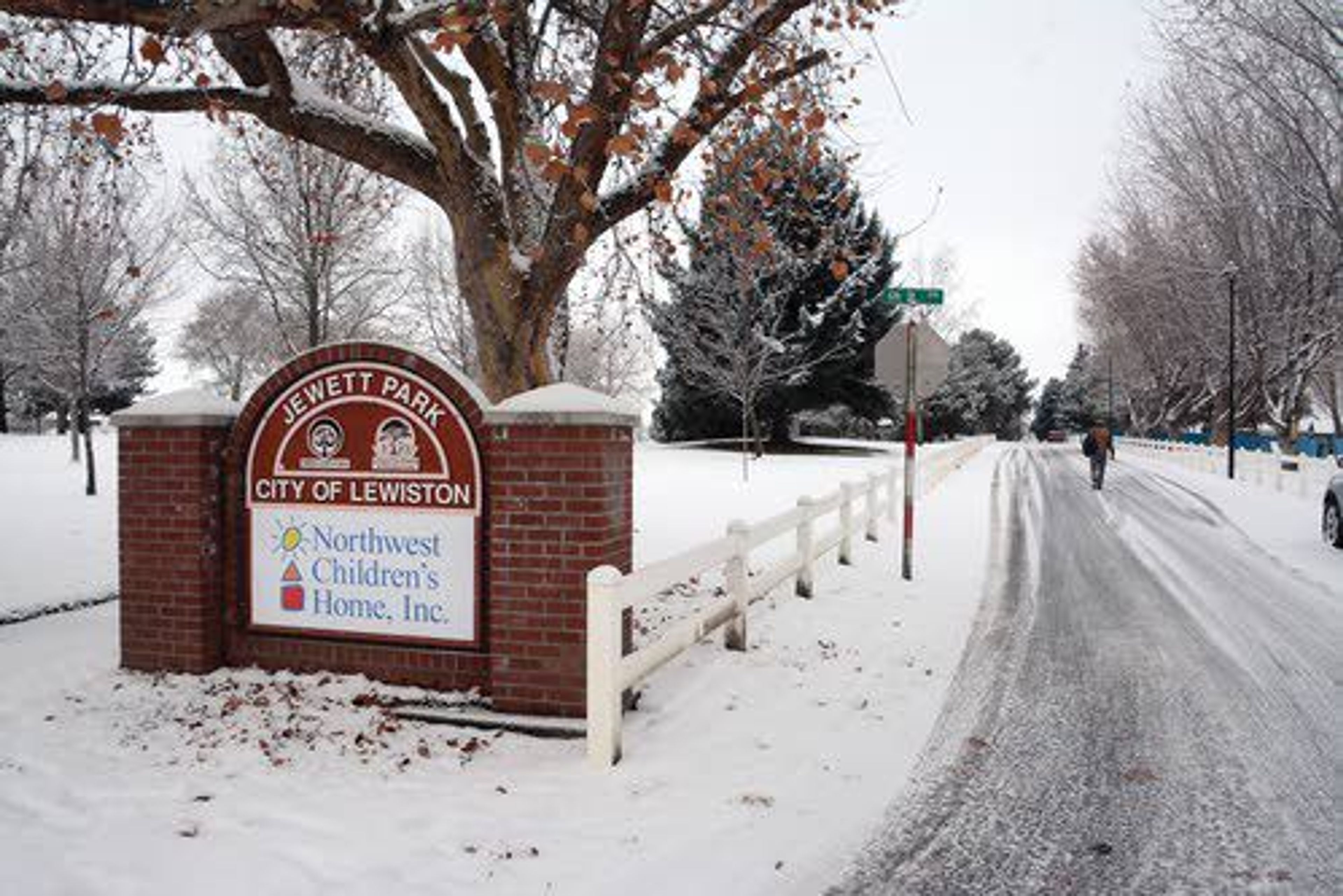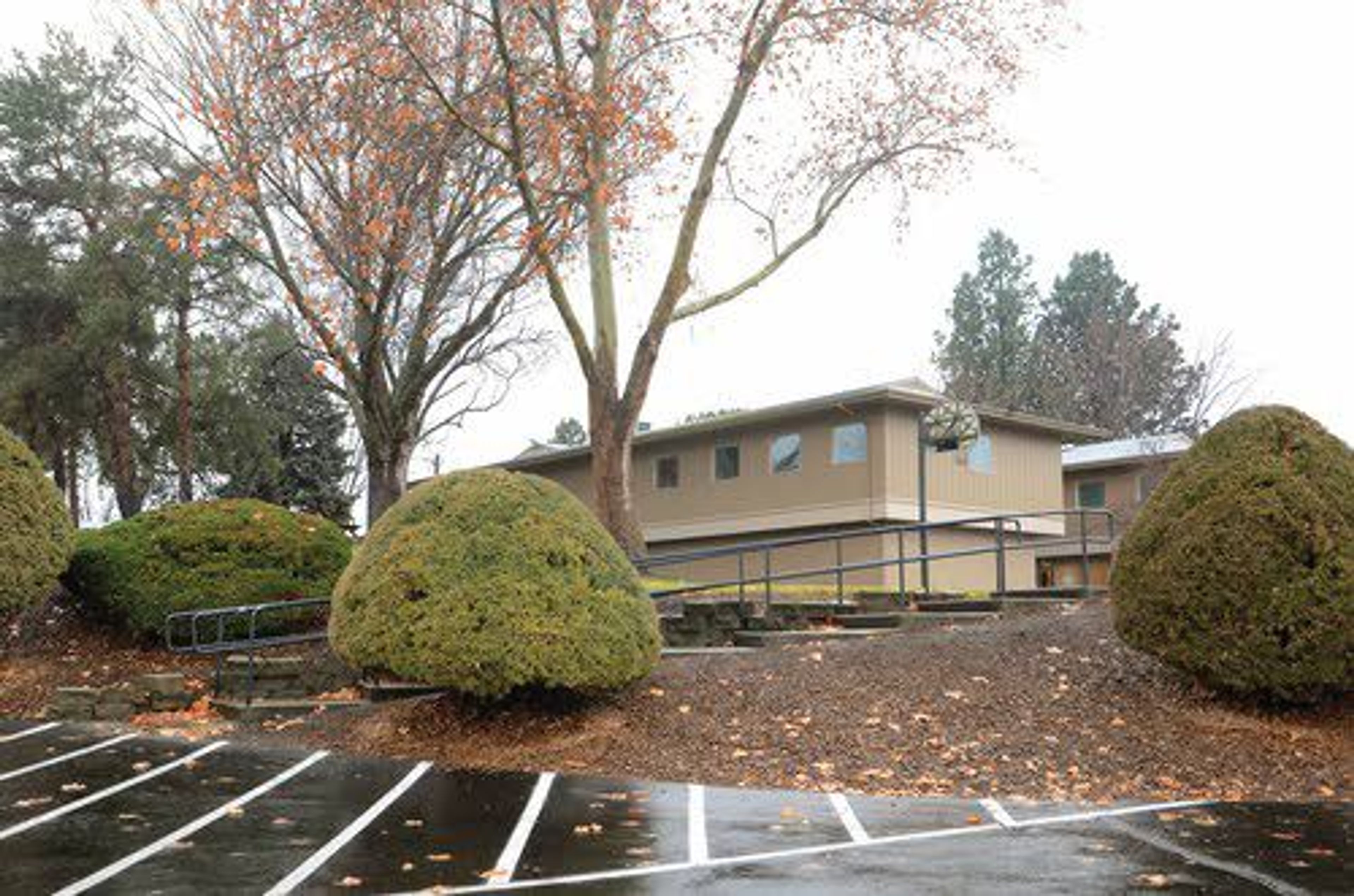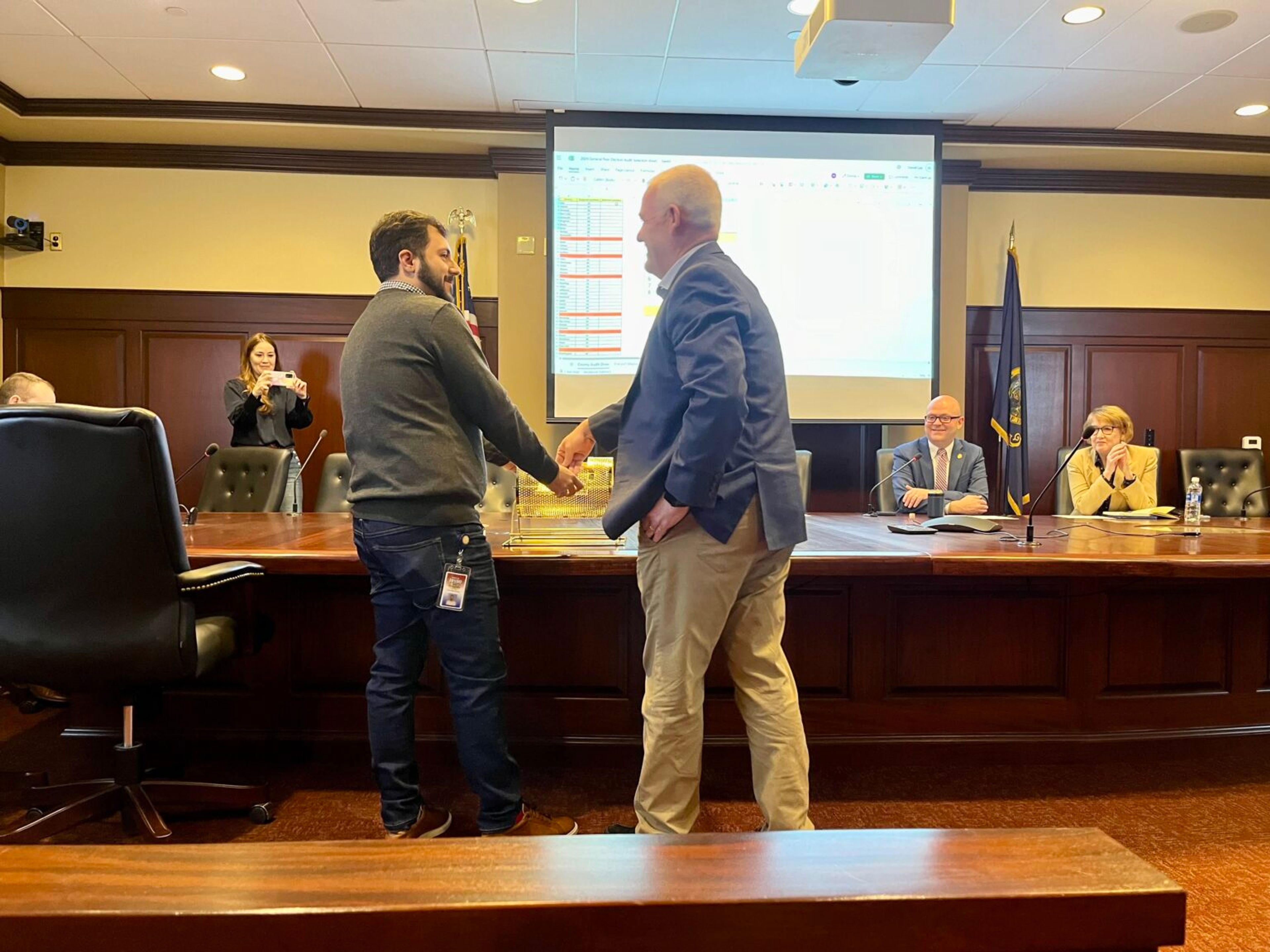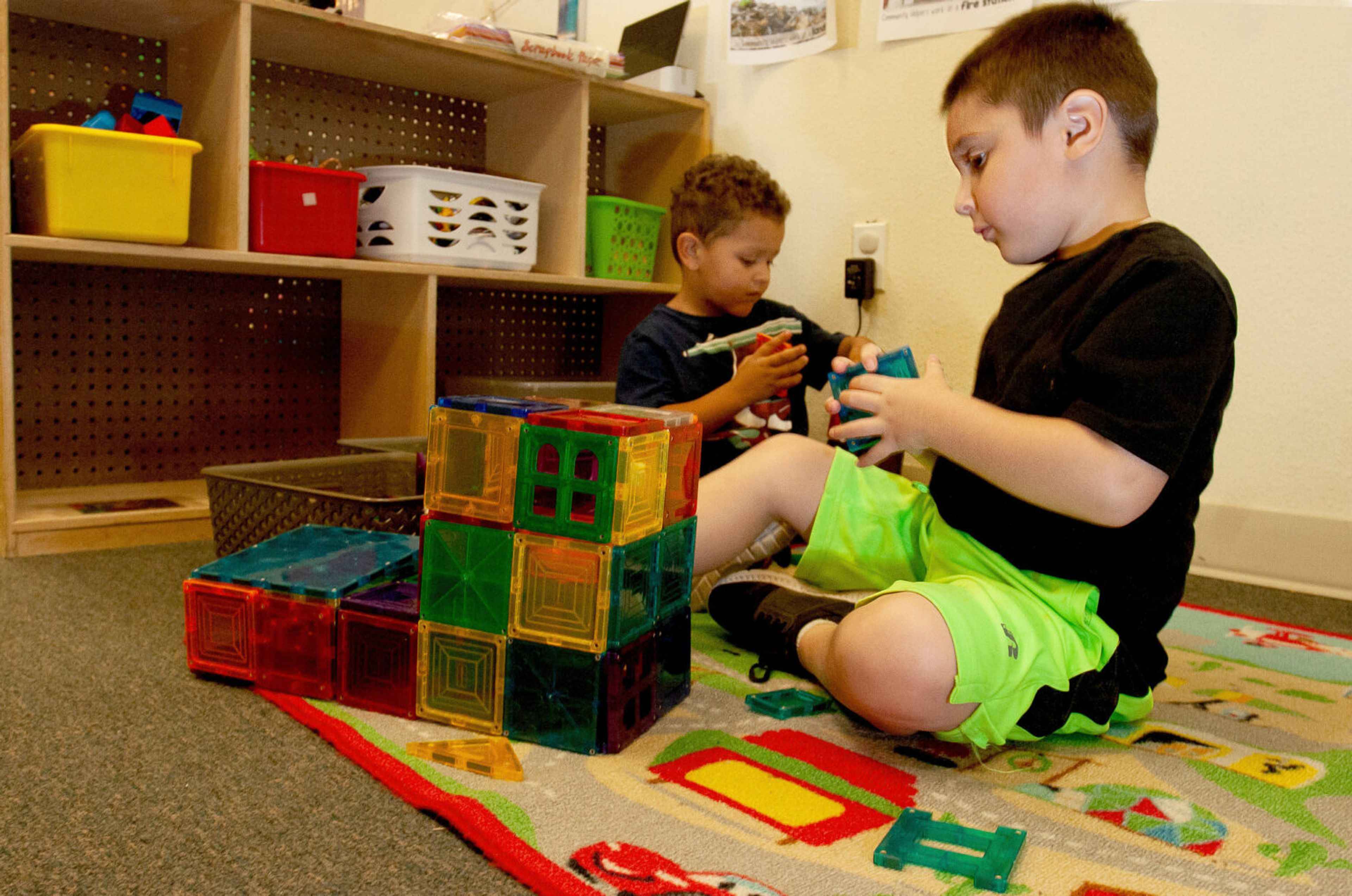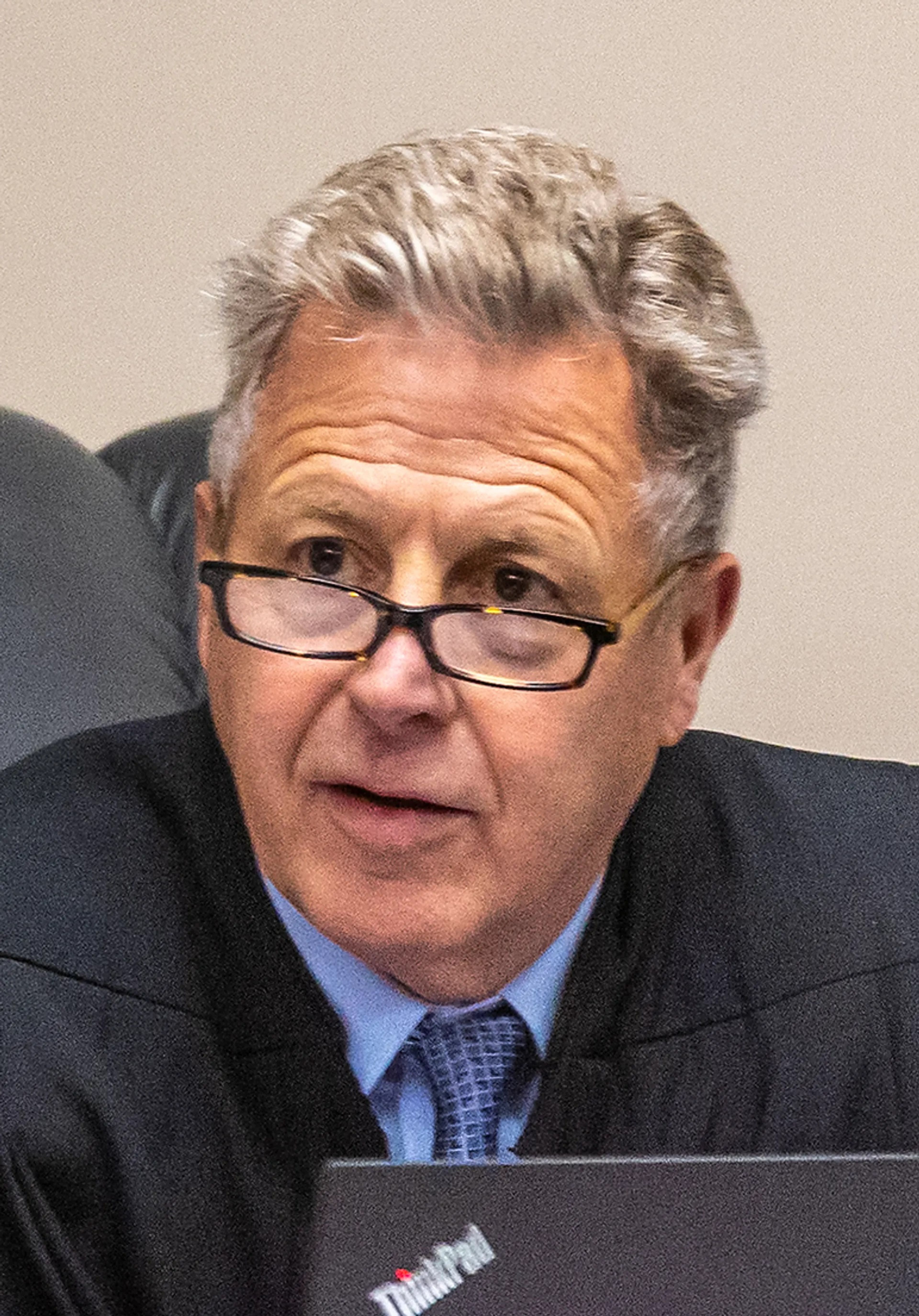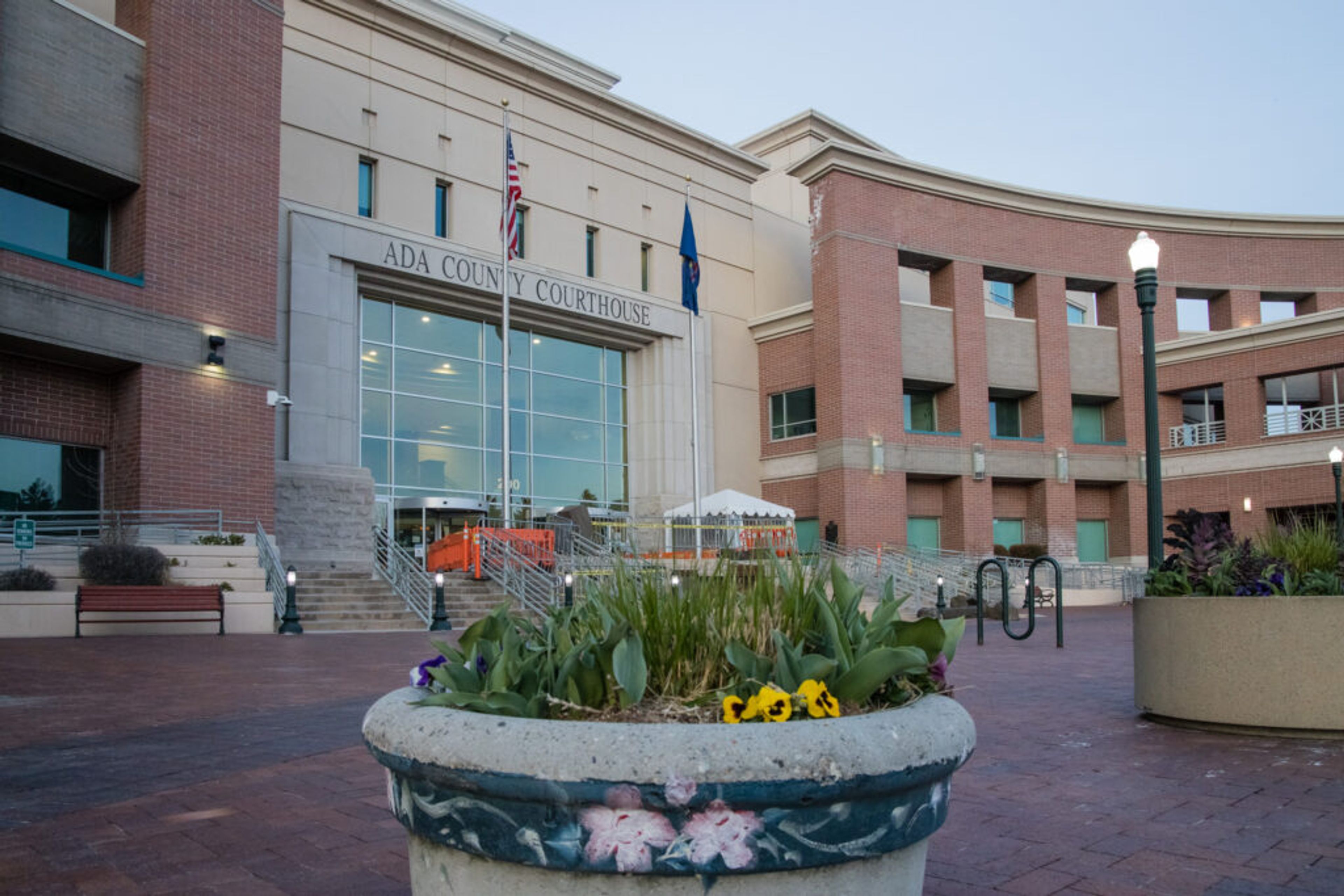Children's home goes under the microscope
After a spate of incidents at Lewiston facility, the state of Idaho says it will revoke license of residential treatment center on Jan. 4
The language is plain, even clinical.
But the incidents described in a 28-page Idaho Department of Health and Welfare investigation of the Northwest Children's Home in Lewiston are anything but.
According to the home's incident reports to the Health and Welfare's licensing agency, boys from its Hopper House for "sexually reactive" youth performed sexual acts on each other on multiple occasions, largely because of a lack of appropriate or adequate supervision. One 14-year-old boy allegedly raped a 12-year-old boy when the two ran away from the home for a short time in July. Girls engaged in sexual activity with each other, both in and out of the home, and shoplifted from local stores during one run from the facility.
Northwest Children's Home is a private, nonprofit residential treatment home for children. The state said it will revoke the home's operational license Jan. 4 over those and multiple other incidents, many of a sexual nature. The home has appealed the revocation, and it can continue to operate and accept new residents while the appeal is pending.
Chief Executive Officer Brian Pope said the home is being treated unfairly by an inspector with a "personal agenda or vendetta" resulting in a report that isn't objective, even though its own incident reports provide much of the basis for the state findings.
"I have been at NCH for almost two years now, and every day I am highly impressed with the quality and dedication of our staff, continuous care our staff and programs provide (assuring safety) and improvement in treatment outcomes for a majority of our kids," Pope wrote.
He characterized seven of the sex offenses as "consensual between adolescents," and wrote that the home immediately provided additional training to staff as part of required plans to fix the problems.
Of the alleged rape, Pope challenged the licensing agent's use of that term, instead calling it "forced sexual assault."
"Two residents eloped and upon return to the facility one alleged that the other performed a forced sexual assault while the two residents were on the run from the facility," Pope wrote. "The matter was referred to the prosecutor's office and is being resolved through the court system."
Pope and Bruce Grimoldby, the home's chief operating officer, initially offered to visit the Lewiston Tribune for a face-to-face interview to discuss each of the incidents cataloged in the report. But Pope canceled the meeting at the last minute, citing the advice of the home's attorney. He instead issued a two-page news release that addresses a few of the incidents.
State report details several incidents
Many of the home's recent problems came to light after a November 2014, incident where a runaway broke into a nearby duplex and hit the resident on the head with a 6-pound rock after stealing cash.
The owners of the duplex, Jay and Valerie Eliason of Deary, were so alarmed by the assault that they spent four months digging into the home's history. The report they compiled prompted a Health and Welfare investigation that led to a temporary ban on new admissions to the home in 2015.
Last week, the Eliasons said they hoped the home would be able to solve its problems with the help of Pope, who replaced Rod Wilson in 2015. But after reading the results of the latest state investigation, they said they now support the revocation of the home's license.
"They're not doing the right thing for the children, or the neighborhood," Valerie Eliason said.
The report generated by the latest investigation - called a "Statement of Deficiencies" - details several incidents of a sexual nature, and one where a child suffered due to a month of missed medication:
- Last December, 12-year-old and 16-year-old boys exposed themselves to each other from their bedrooms and masturbated in front of each other. Staff members were unaware, according to the report, and they were retrained on appropriate supervision. The boys were placed on "line-of-sight supervision."
- About a week after Christmas last year, the home reported that several boys getting a tour of local holiday light displays performed oral and manual sex on each other in the back of the home's van due to a lack of appropriate supervision, according to the report.
"The report states that this occurred at least five times on rides in the van," Health and Welfare Licensing Program Specialist Kelle Johnson wrote. "The reports also note that several of the boys stated they had sexual contact with each other during previous elopements."
The home's response was to put two of the boys on "arm's-length supervision." Staff was reprimanded and the van rides were suspended.
- Two boys from the Hopper House fondled each other's genitals in an outdoor play area in February, and one was put on arm's-length supervision.
- In March, two boys from the Hopper House engaged in oral sex in one of their bedrooms. The home reported that this was due to a supervision error because one of the boys was supposed to be on line-of-sight supervision.
- Two girls reported sexually touching each other during an elopement in April.
- Three girls engaged in sexual conduct with each other in one of the home's bedrooms in May, including penetration with objects.
- In June, a 16-year-old boy threatened a 12-year-old boy with inappropriate sexual contact. The older boy had previously been assigned a tracker and placed on line-of-sight supervision due to a previous lapse in supervision.
The boy, however, eloped four times from the home in April and May because he was able to get away from his tracker.
"These elopements put the community at risk as well as the child he eloped with," Johnson wrote.
- The alleged rape occurred in late July, and the home's report to the state said a program manager directed the staff member who initially followed them off campus to return to the home due to low staffing.
After the younger boy reported the rape, the home failed to provide follow-up medical care, according to Johnson. The home's nursing department was notified, but responded that the doctor was out of town. "(The boy) was not provided access to NCH in-house nurse or any other medical provider."
The older boy had been court-ordered to not be around anyone two years or more younger, and not engage in any sexual contact. But the home placed both boys in the Hopper House even though it was aware of their age difference.
A probation officer for the older boy stated that he relied on the home to provide supervision and safety to the other children in treatment. But the home failed to prevent the boy from participating in at least six other sexual incidents leading up to the alleged rape, Johnson wrote.
The home also allowed the younger boy to be victimized by other residents in the house, she added.
- While Johnson conducted her licensing investigation, she discovered that one boy didn't receive doctor-ordered medication for the entire month of August. The home's psychiatrist said this led to severe withdrawal symptoms that may be permanent, and caused his aggressive behaviors to escalate.
Those behaviors resulted in the boy being taken twice to juvenile detention. "This lack of appropriate medical care endangered the health and safety of (the boy) and may have caused irreversible physical damage," Johnson wrote.
In a Dec. 7 letter to the home notifying its administration of the pending revocation, Health and Welfare licensing division Program Manager Eric D. Brown wrote that the repeat nature of the problems demonstrate the home's failure to meet requirements in earlier corrective action plans.
"Most of the offenses occurred due to a lack of appropriate staff training, lack of staff supervision and insufficient number of staff," Brown wrote.
Staff member fired following pushing incident
Johnson's report also delved into multiple cases of battery and assault, mostly when children attacked staff members. Many of those incidents resulted in kids going to juvenile detention.
But one incident in January resulted in a facial injury to a child when a staff member broke with nonviolent intervention protocol to pull him from under a bed. The staff member received additional training on proper intervention techniques.
The home fired another staff member in August when the staff member pushed a child twice and called the child names.
Other incidents documented in the report involve several instances of staff members inappropriately using restraints and seclusion rooms to deal with problematic behavior. There is also a section admonishing the home for destroying significant records in children's files, not tracking and protecting sensitive records when they are distributed to staff, and not retaining other records as required by state rules.
State declines to accept fire inspection documentation
Fire safety is another concern raised in the investigation. Department of Health and Welfare spokeswoman Niki Forbing-Orr said a certified inspector from Spokane found a broken valve earlier this year, but a local technician said the valve was not broken.
"However, his report had a number of errors and contradicted the findings of the certified inspector," Forbing-Orr wrote. "In follow-up with the sprinkler company's home office, we have learned that the valve has not been fixed."
In his news release, Pope wrote that Johnson did not accept the home's documentation that the valve was fixed. He also said the home is in the process of getting a full fire suppression system at Jewett House, the oldest building on campus, at a cost of more than $100,000.
State provides comparative information about similar institutions in Idaho
To put the home's problems in context, the Lewiston Tribune asked Health and Welfare to compare it to similar institutions in Idaho. Forbing-Orr said there are 33 facilities licensed by the Health and Welfare Children's Residential Care Unit, ranging in size from six to 96 beds.
Northwest Children's Home is one of the larger facilities with a license for 70 beds, but there are typically about 50 kids living there. There are just two homes in Idaho that have more licensed beds.
Forbing-Orr said Health and Welfare staff looked at all licensed institutions during 2016.
- The department received 26 complaints for Northwest Children's Home out of a total of 64 statewide. One other facility had nine complaints, with the next highest at four.
- Northwest Children's Home reported more than 10 sexual incidents. One other facility reported seven, and another reported six. Twenty-three facilities did not report any sexual incidents.
- The home reported more than 60 elopements. One other facility reported 13, another reported 10, and the next highest reported five. Total elopements for all the facilities, excluding Northwest Children's Home, is 37.
- The home reported more than 20 detentions. The other 32 facilities reported a total of five detentions.
"Our mission is to assure the health and safety of the children living in these facilities," Forbing-Orr wrote in an email to the Tribune. "When we receive an unusually high number of complaints or reports of elopements, sexual incidents or detentions, it does put a facility under a microscope. Unfortunately, (Northwest Children's Home) has the highest number of complaints and incidents in every category."
She also defended Johnson, the licensing agent, against Pope's accusations that she is carrying out some kind of vendetta against the home. Johnson is an exemplary employee who has worked at the department for three years, Forbing-Orr said. Before that, Johnson spent 25 years in the field of child welfare, with 10 of those years as the director of a private, nonprofit agency that oversaw 13 group homes and 50 foster homes.
"(Johnson) has experience on the provider side, which we believe helps her maintain perspective on the difficulties facilities face in their day-to-day operations," she said.
But in a Dec. 7 memo to his staff, board members, friends and community partners, Pope cited a November site visit by a contract consultant from the Washington Department of Social and Health Services. The majority of the home's clients are referred by the state of Washington, which regularly sends a consultant to verify compliance with the requirements in its contract with the home.
The report generated by the consultant was complementary to the home's staff, and noted no deficiencies. Norah West, the media relations manager for the state Department of Social and Health Services, said that since Washington is not the licensing agency for the home, it is not involved in the licensing inspection process.
"We do have a comprehensive review that involves behavioral rehabilitation services and contracts, including a site visit," West said. "But the focus is on the contract and not on the licensing regulations."
In his news release, Pope also provided some context by comparing the home to a "similar treatment facility" in a neighboring state, which he didn't identify. He said that facility has 60 elopements per month, compared to 60 at Northwest Children's Home in a six-month period.
Appeal process includes option of challenging findings in court
The home's pending appeal of the license revocation could take months to resolve, and even end up in District Court. Health and Welfare Public Information Manager Tom Shanahan said the first step is an administrative review with the Division of Licensing and Certification. The home can present its reasons that the revocation action is inappropriate.
If the licensing division upholds the revocation, the home can request an administrative hearing with an officer independent of the Department of Health and Welfare. If the hearing officer denies the appeal, the home's next recourse is a review by the department's board.
After that, the home can take the issue to court, Shanahan said.
The home is operating under a conditional-use permit approved in 1980, said Lewiston City Planner Joel Plaskon. If it ceases operation, the permit would remain in effect for another entity to continue or re-establish the same type of use. Otherwise, permitted uses would default to those established in the same kind of residential zone, Plaskon said.
Children's Home director says moving out of state is an option
In his Dec. 7 memo, Pope assured its recipients that the home went through a master planning process last year to bring together options for moving the agency forward.
"Some of these options include but are not limited to enhancing our current physical plants, rearranging building to better meet needs of the residents or possibly moving the physical space entirely," Pope wrote. "With our current Idaho licensing relationship strained, moving out-of-state may be an option we seriously consider."
---
Mills may be contacted at jmills@lmtribune.com or (208) 848-2266.
